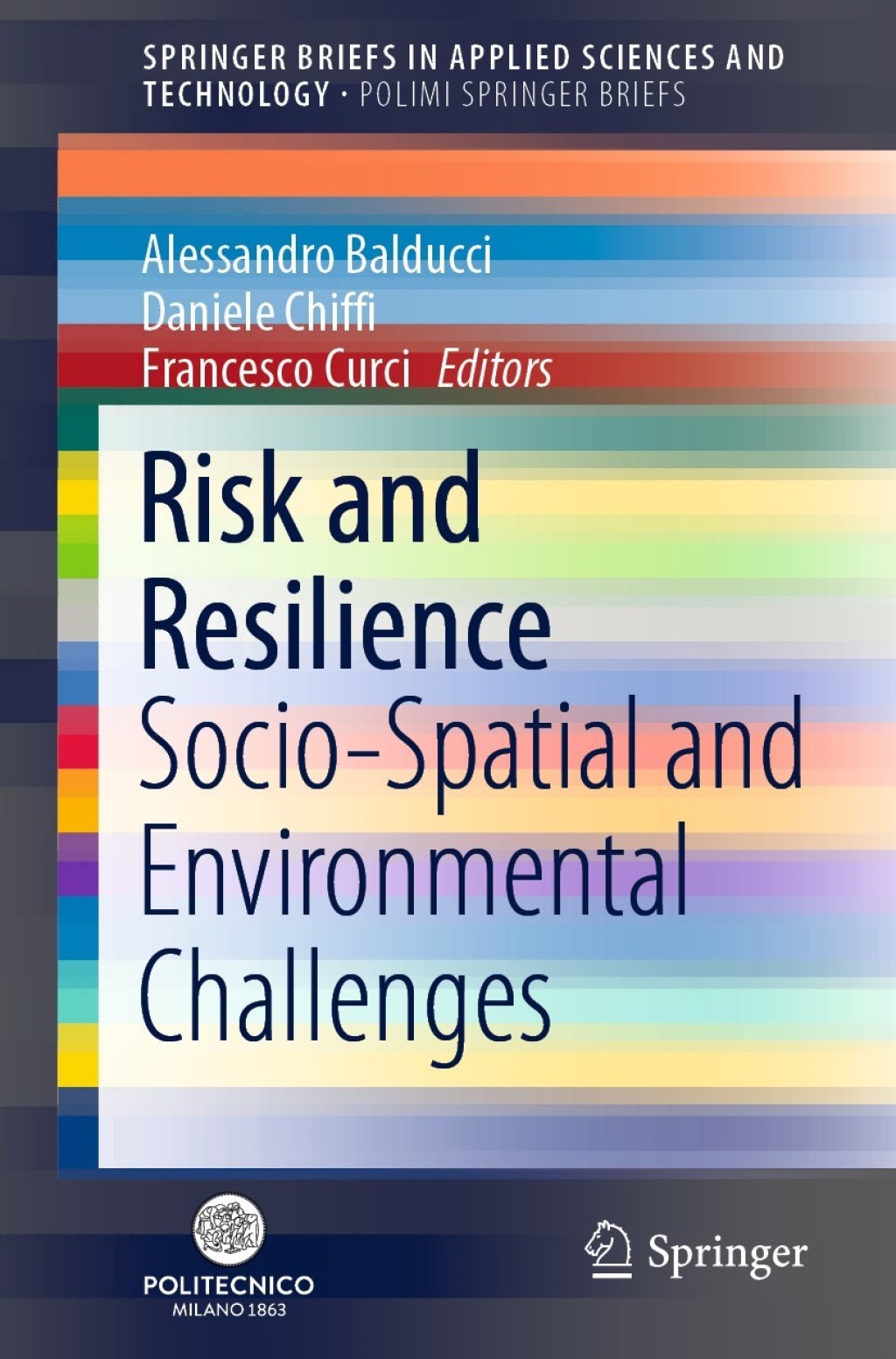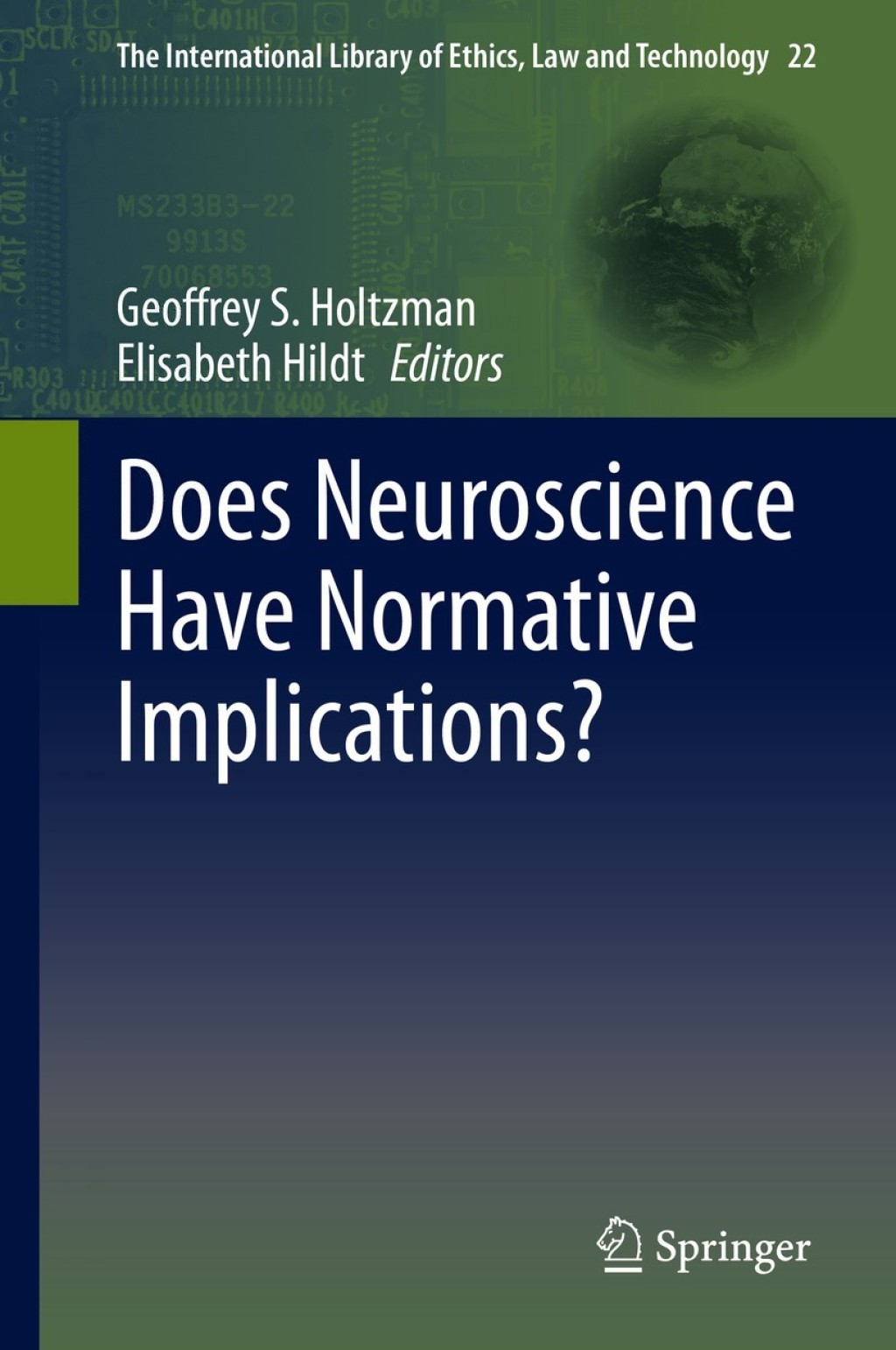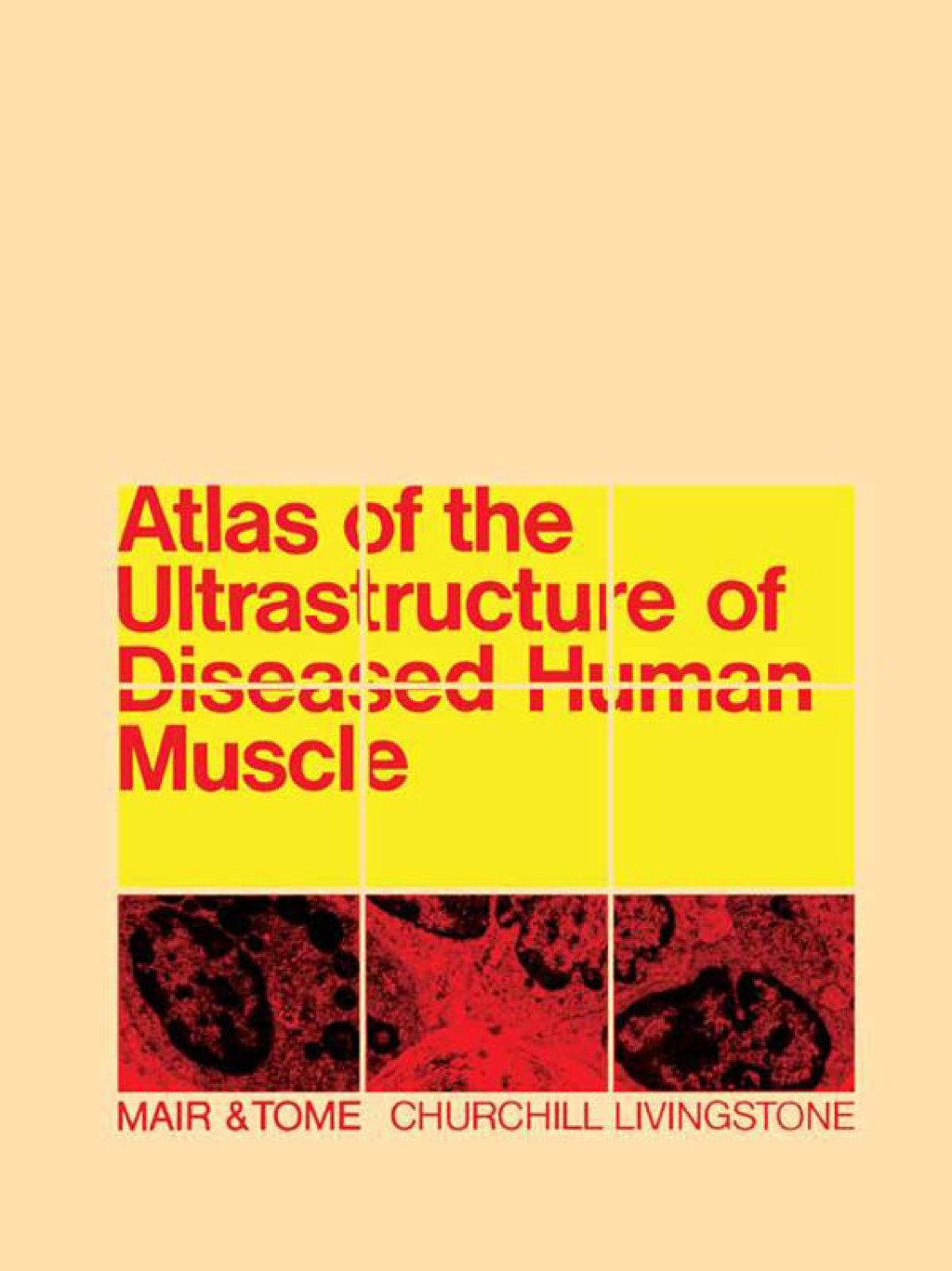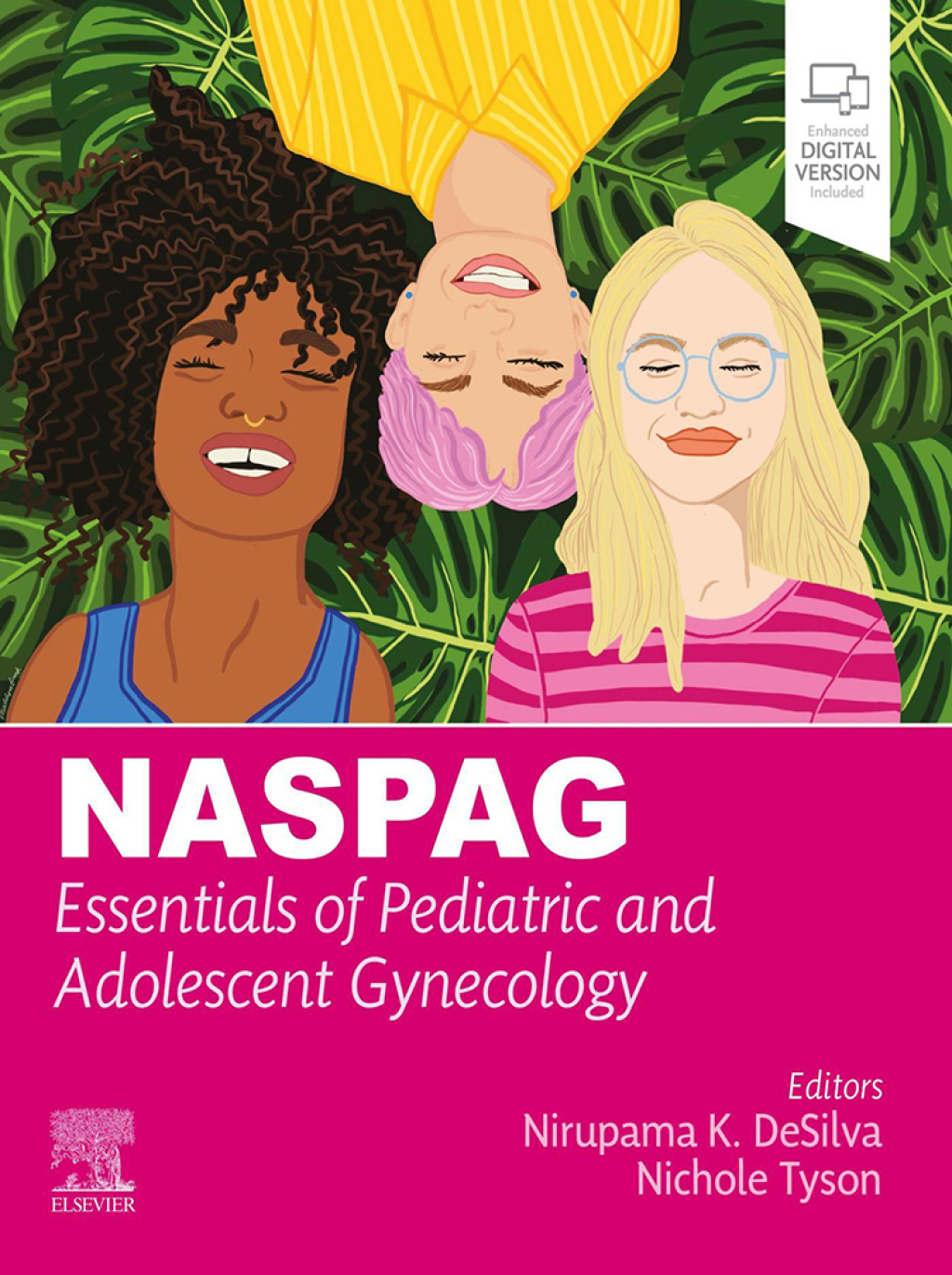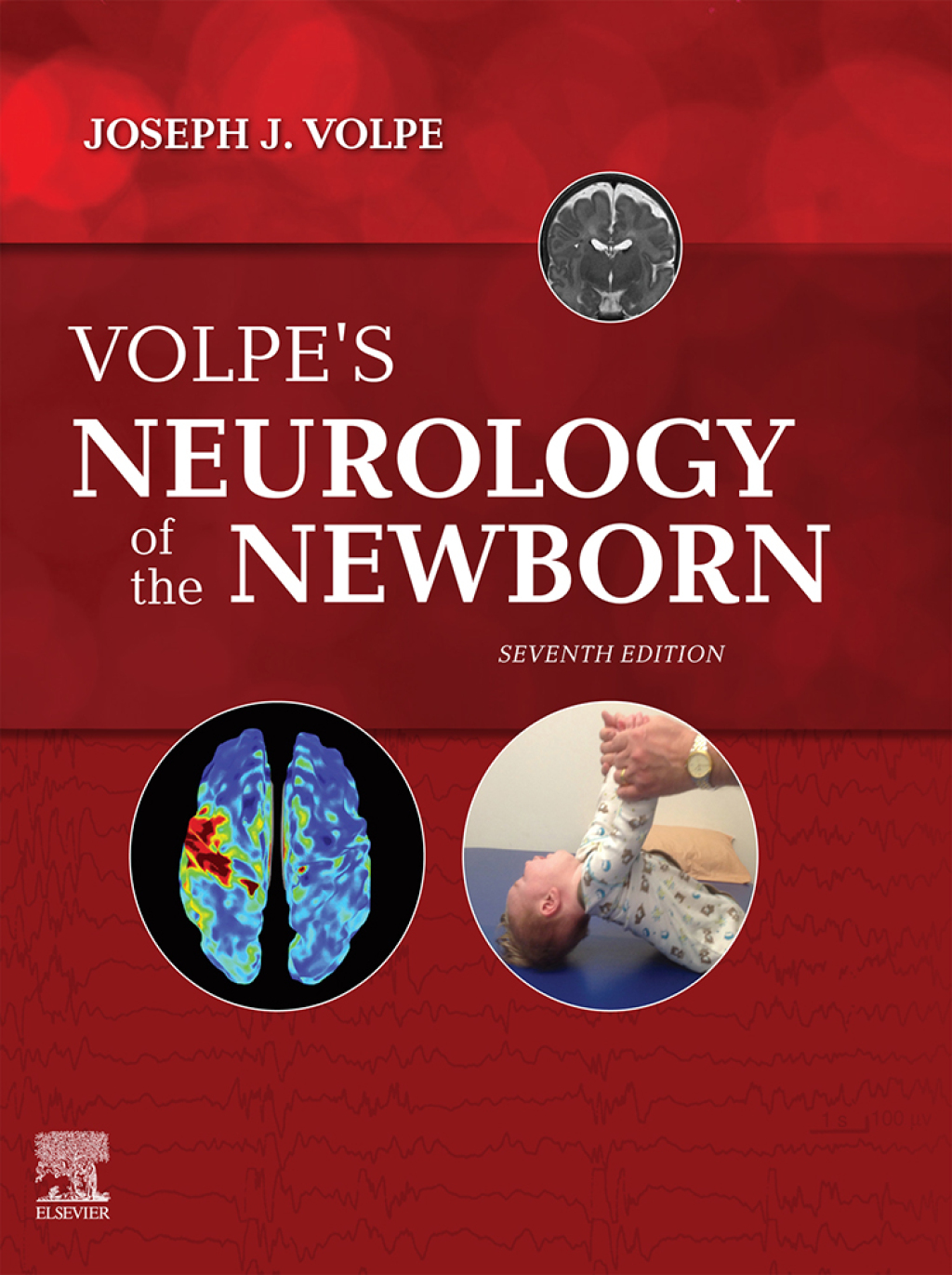This book brings together a number of essays that are optimistic about the ways certain neuroscientific insights might advance philosophical ethics, and other essays that are more circumspect about the relevance of neuroscience to philosophical ethics. As a whole, the essays form a self-reflective body of work that simultaneously seeks to derive normative ethical implications from neuroscience, and to question whether and how that may be possible at all. In doing so, the collection brings together psychology, neuroscience, philosophy of mind, ethics, and philosophy of science. Neuroscience seeks to understand the biological systems that guide human behavior and cognition. Normative ethics, on the other hand, seeks to understand the system of abstract moral principles dictating how people ought to behave. By studying how the human brain makes moral judgments, can philosophers learn anything about the nature of morality itself? A growing number of researchers believe that neuroscience can, indeed, provide insights into the questions of philosophical ethics. However, even these advocates acknowledge that the path from neuroscientific is to normative ethical ought can be quite fraught.ÂÂ
Does Neuroscience Have Normative Implications? 1st Edition
Author(s): Elisabeth Hildt; Geoffrey S. Holtzman
Publisher: Springer
ISBN: 9783030561338
Edition: 1st Edition
$39,99
Delivery: This can be downloaded Immediately after purchasing.
Version: Only PDF Version.
Compatible Devices: Can be read on any device (Kindle, NOOK, Android/IOS devices, Windows, MAC)
Quality: High Quality. No missing contents. Printable
Recommended Software: Check here

